- October 2025 (2)
- September 2025 (1)
- August 2025 (1)
- July 2025 (4)
- June 2025 (1)
- August 2024 (1)
- July 2024 (1)
- May 2024 (1)
- March 2024 (1)
- February 2024 (1)
- January 2024 (2)
- December 2023 (2)
- November 2023 (1)
- October 2023 (2)
- August 2023 (1)
- May 2023 (1)
- February 2023 (1)
- January 2023 (2)
- October 2022 (1)
- September 2022 (2)
- June 2022 (3)
- May 2022 (1)
- March 2022 (1)
- December 2021 (1)
- October 2021 (1)
- September 2021 (2)
- July 2021 (1)
- June 2021 (5)
- March 2021 (1)
- January 2021 (1)
- December 2020 (1)
- October 2020 (2)
- July 2020 (1)
- June 2020 (2)
- April 2020 (2)
- March 2020 (2)
- January 2020 (1)
- December 2019 (1)
- November 2019 (1)
- October 2019 (1)
- September 2019 (2)
- August 2019 (1)
- July 2019 (1)
- June 2019 (2)
- May 2019 (1)
- April 2019 (2)
- March 2019 (1)
- December 2018 (1)
- November 2018 (1)
- October 2018 (3)
- September 2018 (1)
- July 2018 (2)
- June 2018 (1)
- May 2018 (3)
- April 2018 (3)
- February 2018 (1)
- November 2017 (3)
- October 2017 (1)
- May 2017 (3)
- April 2017 (3)
- March 2017 (1)
- February 2017 (1)
- January 2017 (1)
- September 2016 (2)
- August 2016 (1)
- June 2016 (2)
- May 2016 (2)
- April 2016 (2)
- March 2016 (2)
- February 2016 (2)
- January 2016 (1)
- September 2015 (2)
- August 2015 (1)
- May 2015 (2)
- December 2014 (3)
- October 2014 (1)
- July 2013 (1)
START Center
MEET THE NEW RESEARCH ASSISTANTS AND GLOBAL INNOVATION FELLOW JOINING THE START TEAM THIS FALL
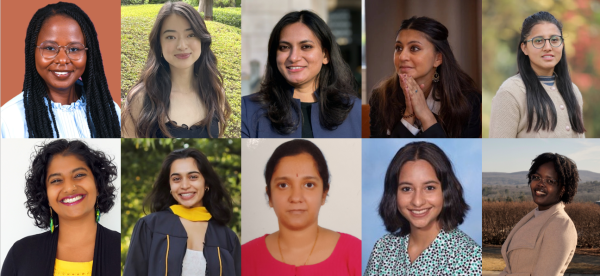
The Strategic Analysis, Research & Training (START) Center is thrilled to introduce the ten newest team members joining our Center this fall. The team includes one MBA student from the Foster School of Business, two MPH and three PhD students in Epidemiology, and three PhD students in Implementation Science, and one Dr in Global Health student. Learn more about each of these impressive new team members below.
INCOMING GLOBAL INNOVATION FELLOW
Akshita Sharma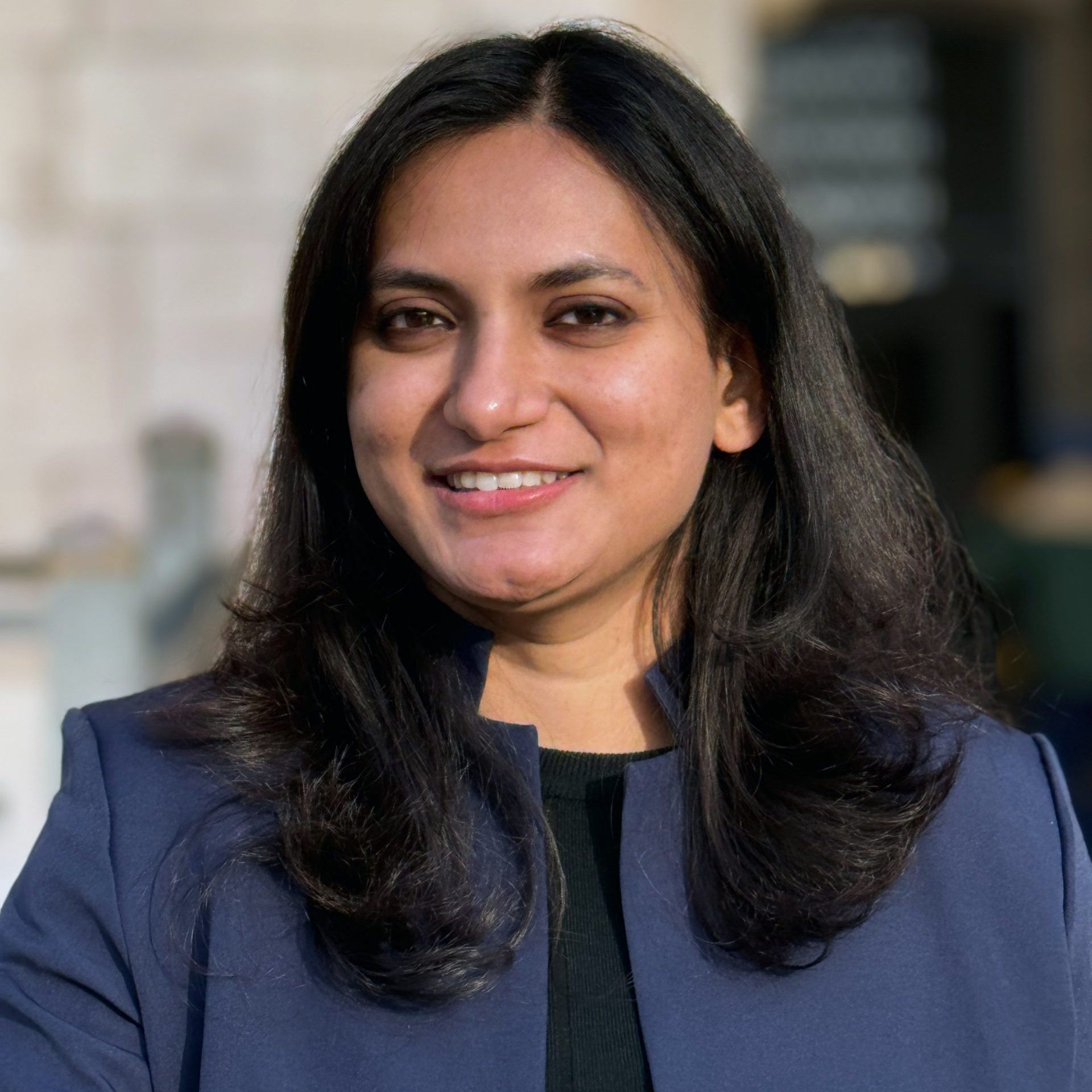
Akshita Sharma is an MBA student at the Foster School of Business with 7+ years of experience building and scaling digital solutions for public health and government systems. As a Technical Product Manager at Dimagi, she led major product launches across India, Africa, and the U.S., including a mental health supervision platform integrated into state health programs, a modular nutrition tracking system tailored for low-connectivity environments, and end-to-end data infrastructure for COVID-19 contact tracing in Colorado. Her work has supported global initiatives funded by the GF, Clinton Health Access Initiative, and Grand Challenges Canada. She has experience in direct partnerships with ministries of health in Nigeria, Côte d’Ivoire, and multiple Indian states. Akshita brings deep experience working across business, engineering, research, and implementation teams to deliver digital tools that are not only technically sound but also adopted and used in complex, real-world settings.
INCOMING RESEARCH ASSISTANTS
 Manya Balachander, MHS
Manya Balachander, MHS
Manya Balachander is a public health researcher focused on the intersections of mental health and healthy equity, forced displacement, and violence prevention. She holds a Master of Health Science from the Bloomberg School of Public Health at Johns Hopkins and has worked on various projects spanning conflict-related violence, urban health, and implementation science with collaborators across institutions. She is an incoming PhD student in the Department of Global Health in Global Health Metrics and Implementation Science.
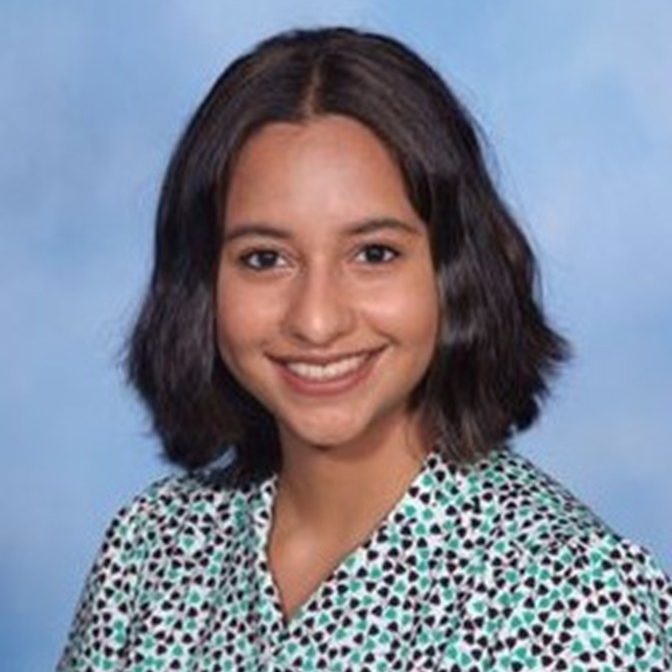 Ananya Iyengar, MS
Ananya Iyengar, MS
Ananya Iyengar is a public health worker and researcher, interested in infectious disease epidemiology in global LMICs, focusing on reducing transmission of vaccine-preventable illnesses and improving healthcare access. She received a Master of Science in Public Health in Global Disease Epidemiology and Control, and a Vaccine Science and Policy certificate from the Johns Hopkins Bloomberg School of Public Health. She is an incoming PhD student in the Department of Epidemiology at the UW. Previously, she was an ORISE fellow in the Global Immunization Division of the US Centers for Disease Control, performing data and policy analysis supporting the CDC’s work as part of the Global Polio Eradication Initiative. She also previously worked as a fellow at UNICEF HQ’s Immunization Division throughout 2022 and 2023, analyzing catch-up and recovery plans for zero-dose children around the globe and developing frameworks for comparative evaluation of immunization plans in global urban centers.
 Yvette Kiptoo
Yvette Kiptoo
Yvette Kiptoo is a global health professional, originally from Kenya. She is an incoming MPH student in the Department of Epidemiology at the UW. She graduated from Amherst College with a BA in Biochemistry and Biophysics in 2023. In undergrad, Yvette investigated the relationship between malnutrition and malaria severity among children under five in Siaya county, Kenya as an intern at the Kenya Medical Research Institute/Centers for Disease Control and Prevention (KEMRI/CDC). Prior to joining START, Yvette supported global health organizations with event management, communications, and advocacy work as an Associate at Global Health Strategies. She contributed to speaker coordination, program planning and abstract review processes for Africa CDC’s 3rd International Conference on Public Health in Africa (CPHIA 2023). Most recently, she worked with the GF’s communication team to develop communication materials focused on infectious diseases, primarily HIV, TB, and malaria. Her research interests include infectious disease epidemiology, program implementation and evaluation.
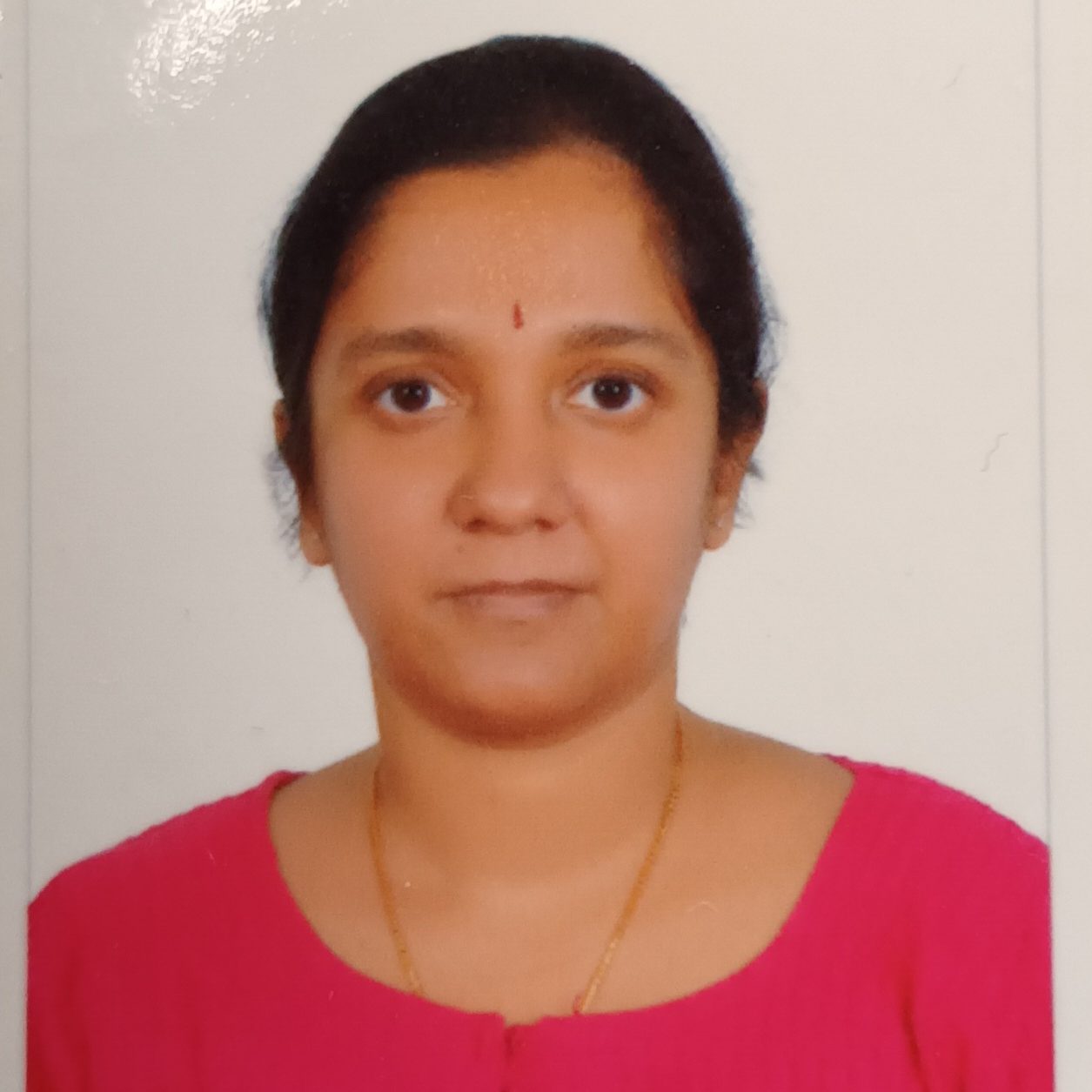 Parvati Nair, MBBS, DTMH, MSc
Parvati Nair, MBBS, DTMH, MSc
Parvati Nair is a trained physician with post-graduate education in tropical medicine from India. She brings over a decade of field experience with Médecins Sans Frontières (MSF), with work spanning clinical practice, program management, and operational research, with a particular focus on HIV and TB. Parvati holds an MBBS from Maharashtra University of Health Science (India), a DTMH from the Royal College of Physicians (UK), and a MSc from the Institute of Tropical Medicine (Belgium). She is a PhD student in the Department of Global Health’s Doctor of Global Health Leadership and Practice program at the UW. Parvati is passionate about access to global health education and her last role with MSF was leading the implementation of the Global Health and Humanitarian Medicine course across Asia and Oceania. She has also played a pivotal role in shaping the Diploma in Global Health exam launched by the Royal College of Physicians. Her work over the years has focused on the integration of person-centered care into public health programming. She is dedicated to ensuring that healthcare systems prioritize the needs and dignity of individuals, fostering a more inclusive and compassionate approach to global health.
 Miyu Niwa, MSc
Miyu Niwa, MSc
Miyu Niwa is originally from Japan and holds an MSc in Global Health & Population from the Harvard T.H. Chan School of Public Health, and a BA in Biology from Boston University. She is an incoming PhD student in Implementation Science at the UW School of Public Health. Before joining START she was a Research & Data Analyst at Cooper/Smith, where her work focuses on digital health systems, health systems strengthening, and data-informed decision-making in LMICs. Based in Malawi, she supported national and district-level health programs by applying decision science, epidemiology, and data science methods to evaluate digital health strategies and inform policy. Her broader portfolio spans HIV prevention and treatment, health financing, and the development of health decision-support tools. She also brings prior experience in mathematical and economic modeling to support equitable health policies.
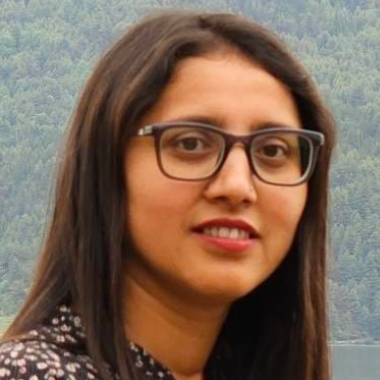 Bandana Paneru, MScPH
Bandana Paneru, MScPH
Bandana is a public health researcher from Nepal. She holds a Master of Science in Public Health (MScPH) from Kathmandu University and is an incoming PhD student in the Department of Epidemiology at the UW. Her expertise lies in implementation science, mixed-methods research, and cervical cancer prevention. Bandana has extensive experience in teaching, research, project coordination, and leading community health initiatives in institutions such as Kathmandu University, Dhulikhel Hospital, and CARE Nepal. She also has a strong research portfolio, with several publications and presentations at both national and international conferences.
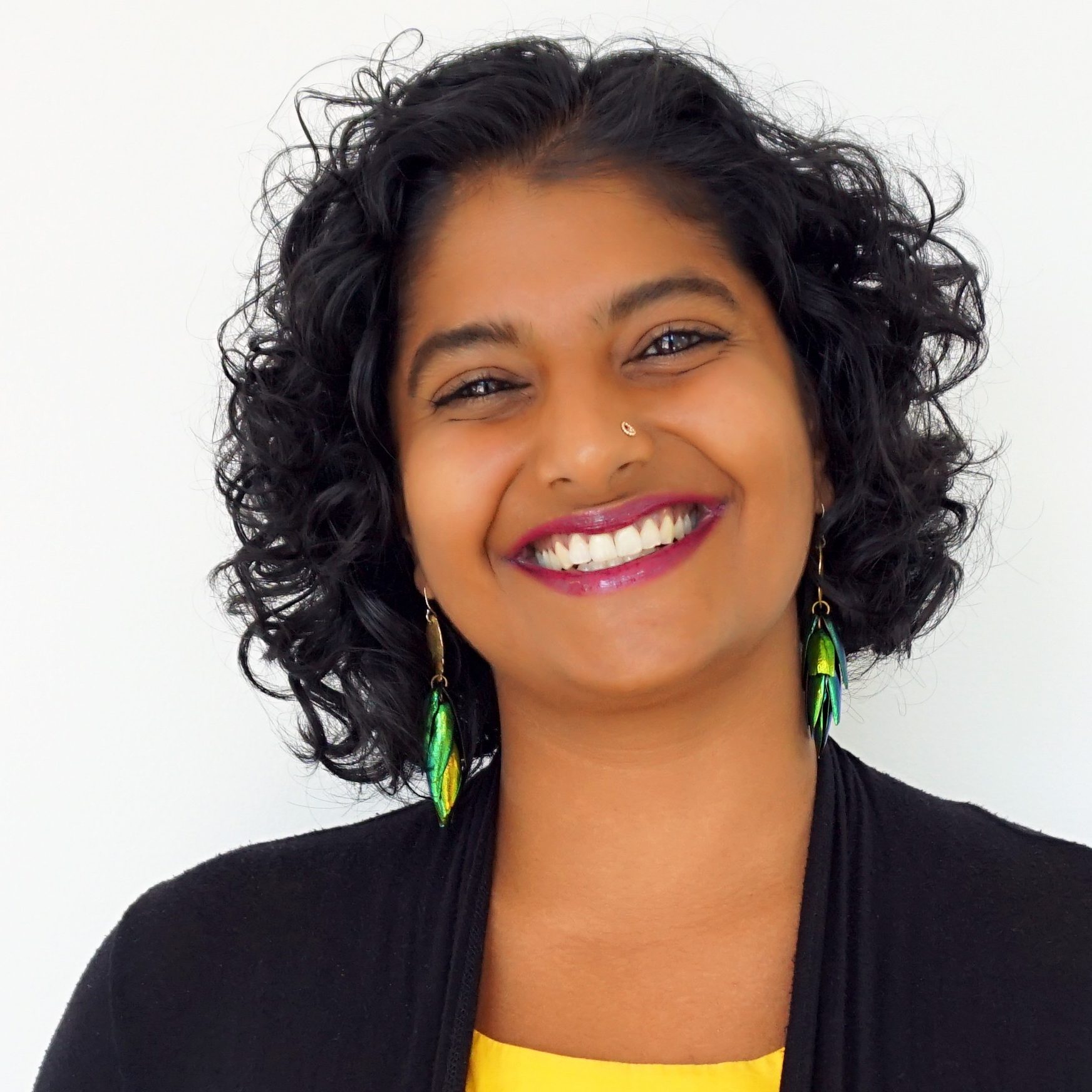 Swati Rayasam, MSc
Swati Rayasam, MSc
Swati is a public health scientist and grassroots organizer working in service of everyday communities to advance their needs. She earned her MSc in Global Health and the Environment from the University of California, Berkeley’s School of Public Health and her BS in Biology from the University of North Carolina, Chapel Hill. She is an incoming PhD student in Epidemiology at the UW’s School of Public Health. Swati has worked in both nonprofit and government roles around chemical policy and marginalized communities, most recently at the US Environmental Protection Agency’s Office of Environmental Justice and External Civil Rights focusing on ensuring the EPA’s implementation of the Toxic Substances Control Act protects the health of communities disproportionately impacted by toxic chemical pollution such as BIPOC, low-income populations, incarcerated populations, and people with disabilities. She has expertise in federal and international policy, exposure science, community-guided science, science translation/communication, toxics, infectious disease, and water, sanitation and hygiene (WASH).
 Rupal Shah-Rohlfs, MPharm, MPH
Rupal Shah-Rohlfs, MPharm, MPH
Rupal Shah-Rohlfs is a global public health professional with over a decade of experience spanning research, practice, and technical assistance across Asia, Africa, and Europe. Her academic background includes a Master’s degree in Pharmacy from the University of Bath (England) and a Master’s in International Public Health from BRAC University (Bangladesh). She is an incoming PhD student in Global Health Implementation Science at the UW. Her work is grounded in practical experience supporting research, evaluation, and capacity-building activities and projects with institutions such as the GIZ (German Agency for International Cooperation), icddr,b (Bangladesh), Centers for Disease Control and Prevention (CDC), UNAIDS, Danish International Development Agency (DANIDA), the European Union (EU) and various non-governmental organizations. She has contributed to public health efforts in Bangladesh, Ghana, India, Liberia, Myanmar, Zambia, and the UK, and teaches on the TropEd-accredited MSc in International Health at the Heidelberg Institute of Global Health (University of Heidelberg, Germany) since 2017.
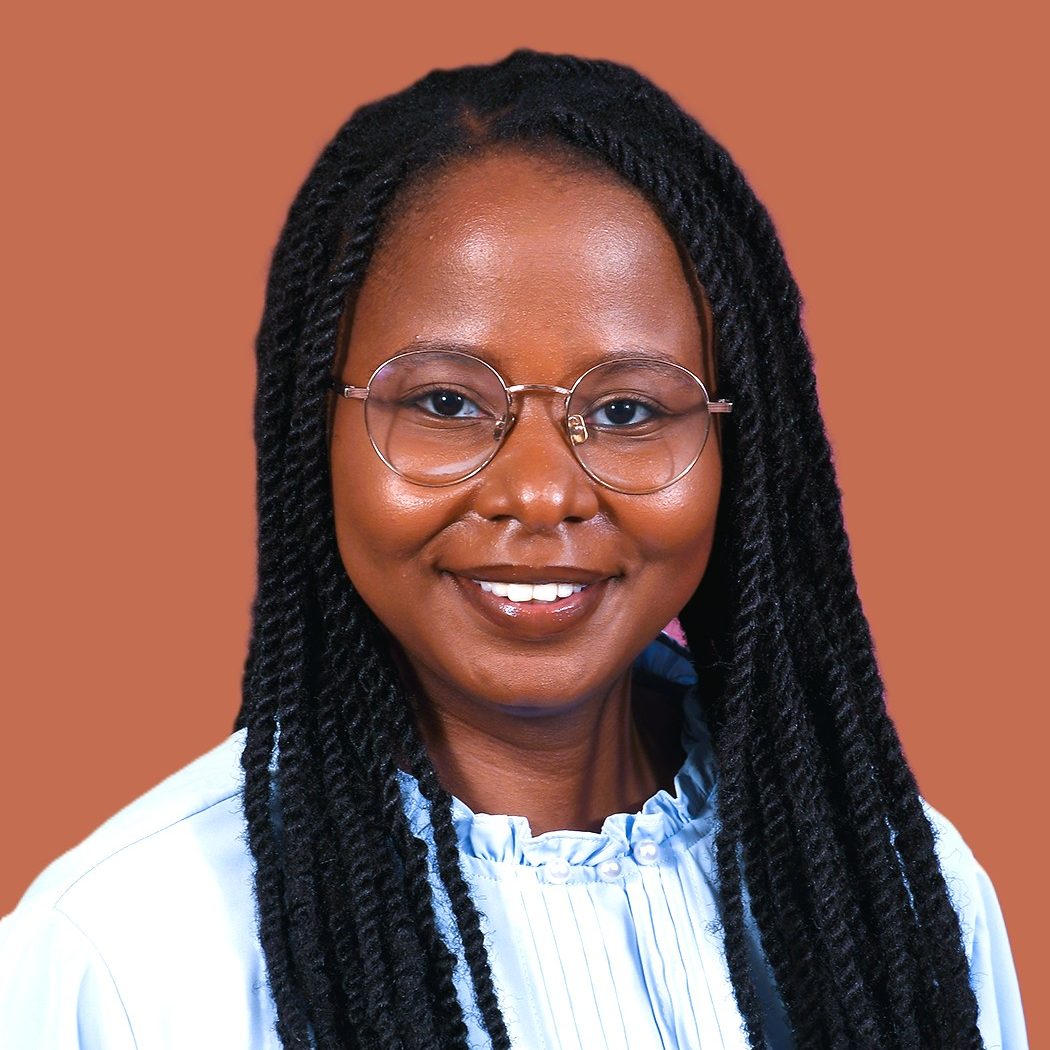 Rosa Weyula, MBChB
Rosa Weyula, MBChB
Dr. Rosa Weyula is a medical doctor from Kenya. She earned her Bachelor of Medicine and Bachelor of Surgery (MBChB) from the University of Nairobi and has served in diverse clinical roles across Kenya’s public health system, including emergency care, internal medicine, and maternal and child health services. She is an MPH student in Epidemiology at the UW. Rosa has worked as a research associate with the Department of Global and Public Health at the University of Nairobi, where she contributed to both qualitative and quantitative studies addressing infectious and non-communicable diseases. Her experience includes field-based data collection, protocol development, manuscript writing, and stakeholder engagement. Notably, she has participated in multi-country research focused on hypertension and diabetes in LMICs, as well as infectious disease surveillance and outbreak preparedness in urban informal settlements.
Did you enjoy this aricle? Share it Facebook Google+ LinkedIn Twitter